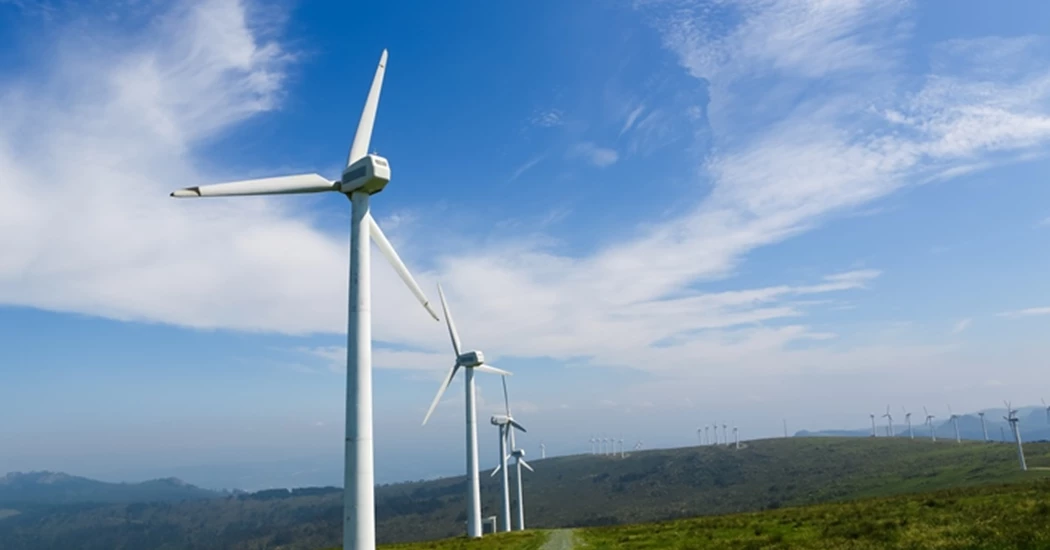New German law set to speed up wind energy expansion and liberalise land access
Germany is set to speed up the expansion of wind energy in a major policy momentum for the new government, as Europe grapples with an acute energy supply crisis due to the fallout of the Ukraine conflict.
Germany’s economy and climate ministry is expected to unveil a package of measures to scale up the wind energy sector in particular and renewables in general, Reuters reported on Wednesday citing confidential documents.
Germany aims to meet 80% of its electricity needs from renewable sources by 2030, with a goal to increase the capacity of onshore wind power to 115 gigawatts (GW), which is equivalent to the capacity of 38 nuclear plants.
However, a government plan to reserve 2% of land for wind energy is meeting resistance in some federal states.
A new law to be issued as part of the policy will impose binding area targets for onshore wind energy expansion on the federal states and will allow energy companies to access landscape protection areas for wind energy “to an appropriate extent” in each state, the documents showed.
The law seeks to balance the expansion with drafting a uniform national standard for species protection assessment, assigning the Federal Agency for Nature Conservation to set up national programmes for species protection and ensure their implementation. Wind plant operators will also have to contribute to financing species protection under the Nature Conservation Agency's programmes, the draft law said.
If states within Germany fail to meet the targets, the government will waive regulations on the minimum distance between residential areas and wind farms, according to the draft law.
Germany is among the four EU countries that have pledged to build at least 150 gigawatts of offshore wind capacity in the North Sea by 2050. The declaration was signed at an offshore wind summit in Denmark earlier this year.
Robert Habeck, Germany's vice chancellor and the economy minister, said at the time that the move would strengthen Europe's expansion of renewable energy "and thus further reduce dependence on gas imports."





